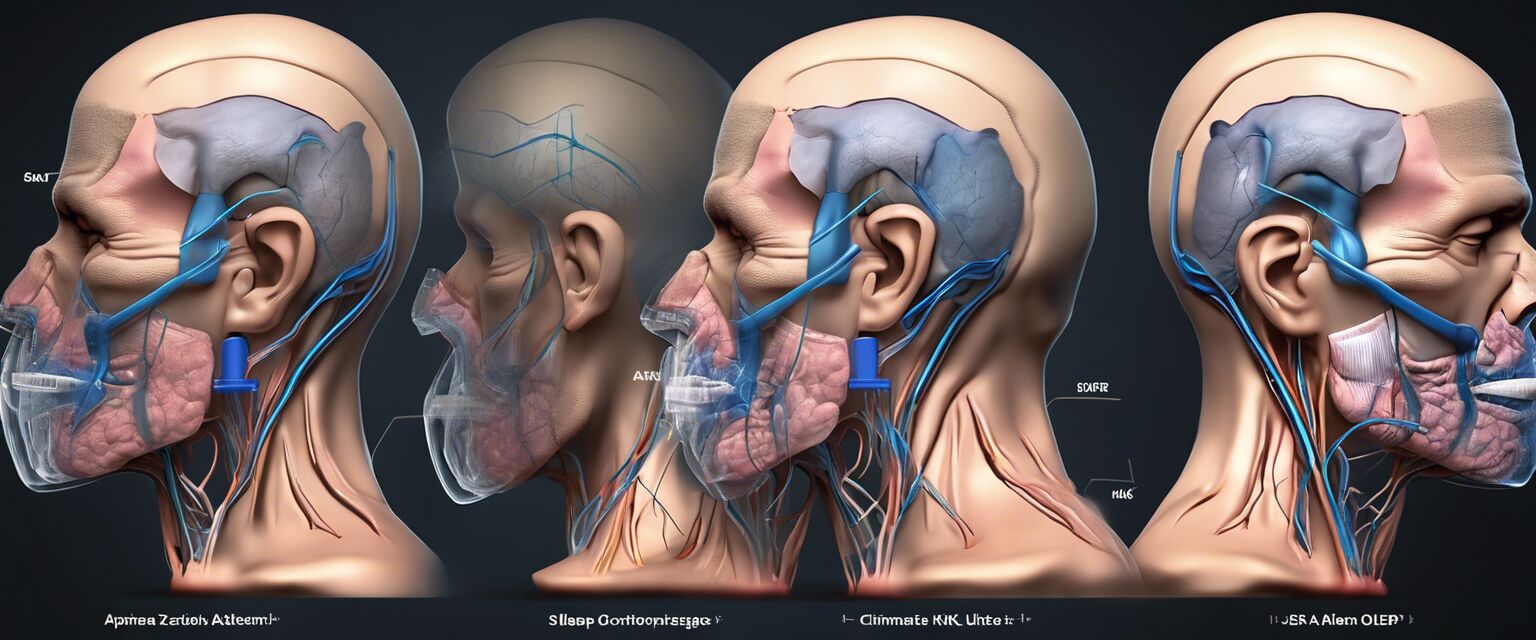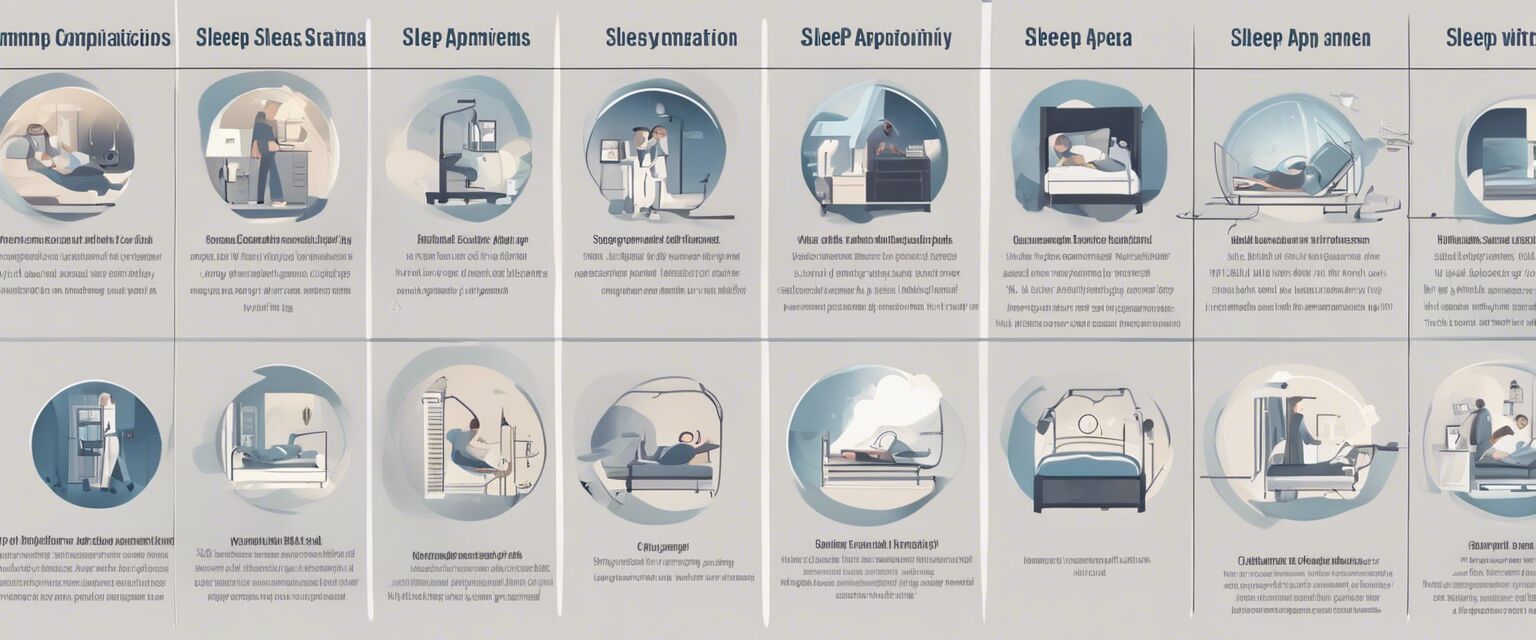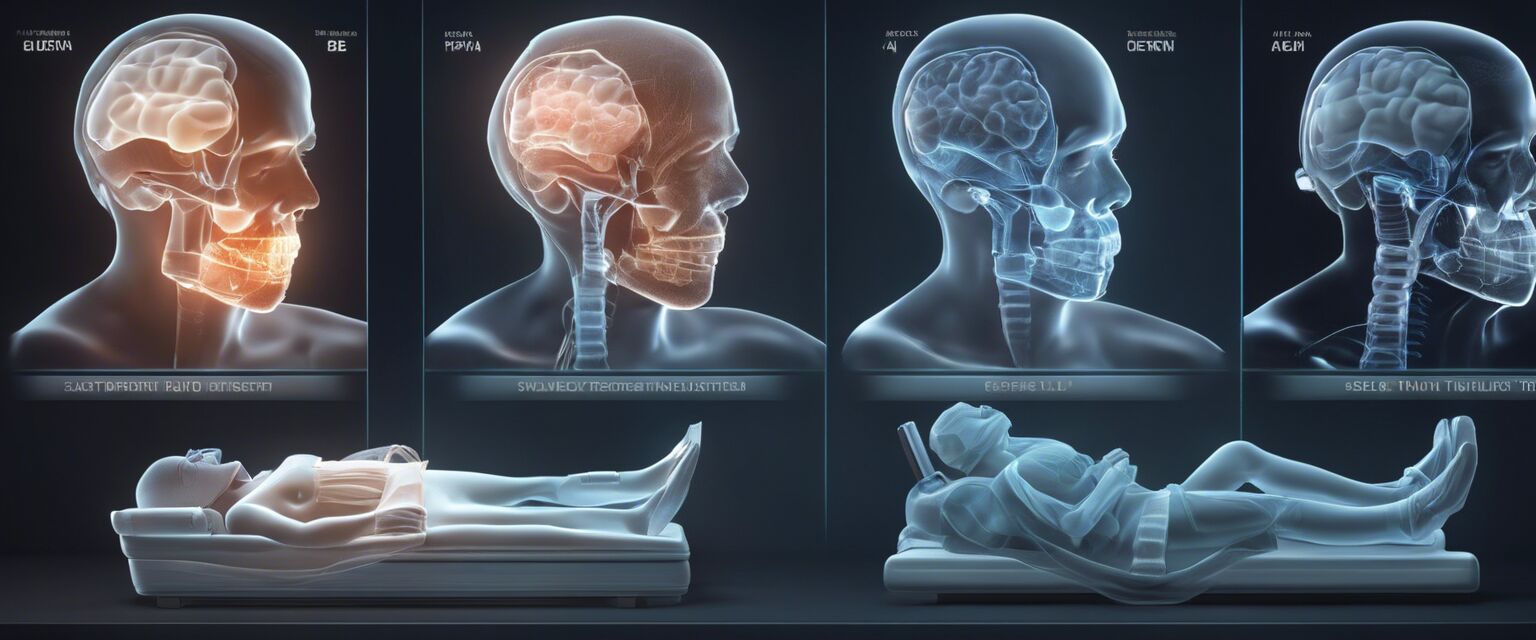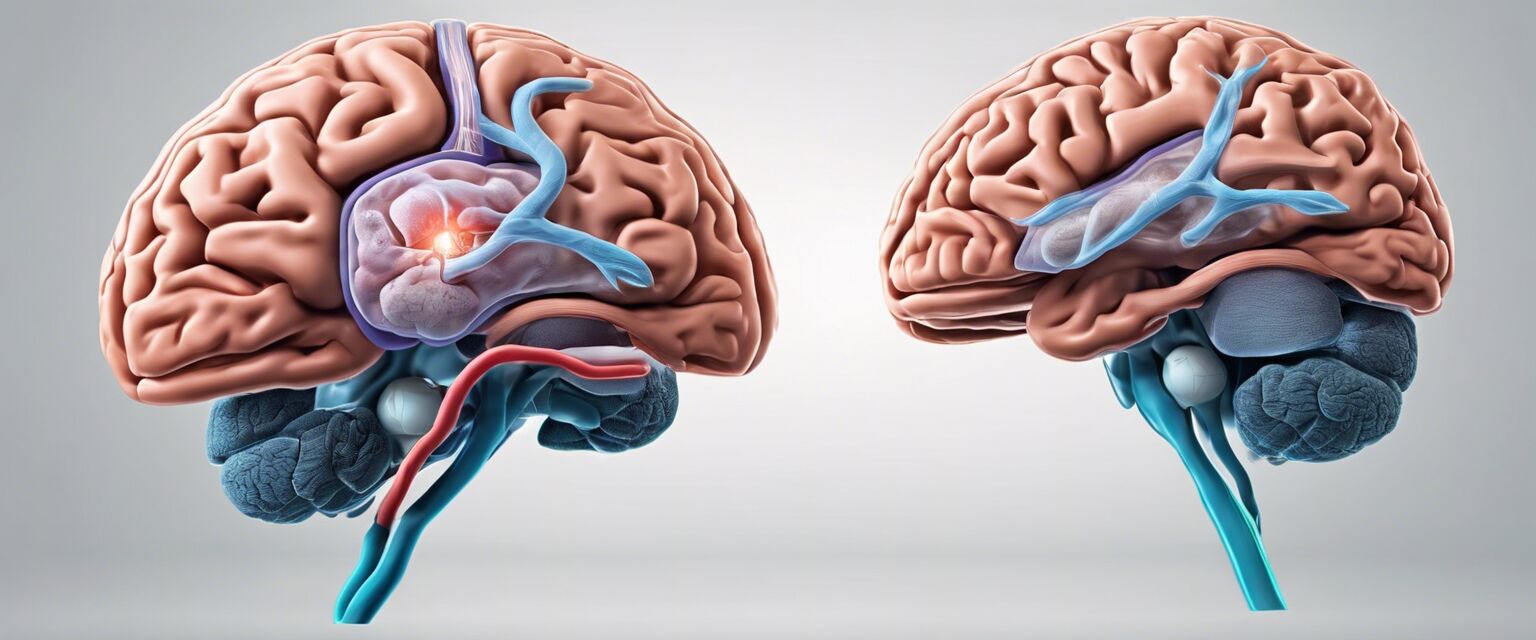
Risks and Complications of Sleep Apnea
Sleep apnea is a sleep disorder that can have serious implications if left untreated. Understanding the impact it can have on your health is crucial. This article delves into the potential short-term and long-term risks associated with sleep apnea, providing you with necessary insights to navigate this often-overlooked condition.
Key Takeaways
- Sleep apnea can lead to various health complications, including cardiovascular issues, metabolic changes, and cognitive impairments.
- Identifying and managing sleep apnea is crucial for long-term health benefits.
- Early detection plays a significant role in reducing overall risks associated with sleep apnea.
Understanding Sleep Apnea
Sleep apnea is characterized by repeated interruptions in breathing during sleep. These pauses can last for a few seconds to minutes, resulting in disrupted sleep patterns and reduced oxygen levels in the body. There are three main types of sleep apnea:
- Obstructive Sleep Apnea (OSA): Caused by the relaxation of the throat muscles.
- Central Sleep Apnea (CSA): Occurs when the brain fails to send appropriate signals to the muscles that control breathing.
- Complex Sleep Apnea Syndrome: A combination of OSA and CSA.
Short-Term Risks of Sleep Apnea
The immediate effects of sleep apnea can significantly affect your day-to-day life. Here are some common short-term risks:
- Daytime fatigue and sleepiness
- Difficulty concentrating
- Increased risk of accidents due to drowsiness
Impact on Daily Life
Experiencing these short-term effects on your daily activities can be detrimental. Studies show that individuals with untreated sleep apnea are more prone to workplace accidents and vehicular mishaps.
Long-Term Complications of Sleep Apnea
Untreated sleep apnea poses various long-term health risks that can lead to serious complications, including the following:
| Complication | Description |
|---|---|
| Cardiovascular Problems | Increased risk of hypertension, heart disease, and stroke. |
| Metabolic Disorders | Higher likelihood of developing type 2 diabetes and obesity. |
| Cognitive Impairment | Possible risk of developing memory loss, depression, and anxiety disorders. |
| Liver Problems | Potential development of fatty liver disease. |
| Decreased Life Satisfaction | Reduced overall health and life satisfaction due to chronic fatigue and poor health. |
Cardiovascular Health and Sleep Apnea
Research indicates that sleep apnea can cause strain on the heart due to low oxygen levels and repeated awakenings. This strain increases cardiovascular risks, highlighting the importance of management strategies.
Pros
- Recognizing sleep apnea early can lead to better management and treatment options.
- Effective treatment can significantly reduce associated health risks.
- Improved quality of life through better sleep hygiene and health.
Cons
- Untreated sleep apnea can lead to serious health complications.
- Treatment involves lifestyle adjustments and possibly lifelong commitment to devices like CPAP machines.
- Diagnosing sleep apnea can sometimes be challenging without a sleep study.
Diagnosis and Management of Sleep Apnea
Diagnosis typically involves a sleep study, also known as polysomnography, which monitors various bodily functions during sleep. Continuous Positive Airway Pressure (CPAP) therapy is the most common treatment, but alternatives exist. For more info, check out our sections on CPAP Machines and CPAP Masks and Accessories.
Conclusion
Sleep apnea is more than just a nuisance; it carries significant risks. Understanding these risks and complications is crucial for those who suspect they might have sleep apnea. Seeking early diagnosis and treatment is the best approach to manage this condition effectively.
Tips for Better Management
- Maintain a healthy weight through diet and exercise.
- Avoid alcohol and sedatives before bedtime.
- Establish a regular sleep schedule.
- Consider using a humidifier for better airflow in your CPAP therapy.
Further Reading
Explore more about sleep health with these resources:











